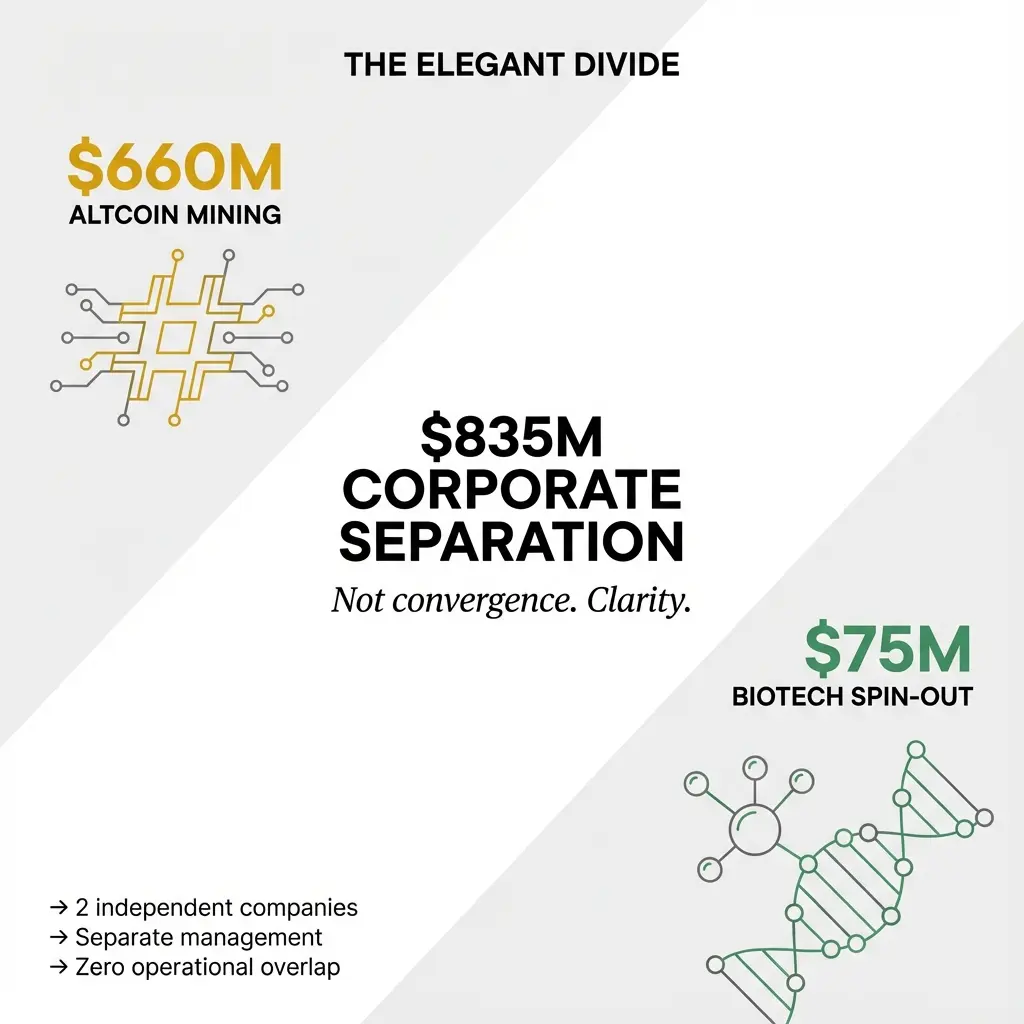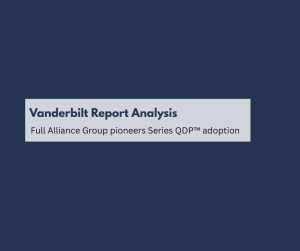Artificial intelligence (AI) is revolutionizing healthcare diagnostics, enhancing accuracy, speed, and scalability of disease detection and patient monitoring. However, as AI becomes more deeply embedded in clinical decision-making, addressing bias and privacy risks has become a critical challenge to ensure equitable and ethical healthcare.
Bias in AI diagnostics often stems from imbalanced or non-representative datasets, where certain demographic groups—such as racial minorities, women, or socioeconomically disadvantaged populations—are underrepresented. This can lead to AI models that perform well on majority groups but yield inaccurate or unfair results for others, intensifying health disparities. For example, skin lesion detection systems trained predominantly on lighter skin tones may misidentify conditions in darker skin, while cardiovascular risk models trained mostly on male patients may underpredict risk in females.
To combat these biases, Vanderbilt University Medical Center and other leading institutions advocate for diverse, inclusive data collection practices and regular bias audits using open-source fairness tools. Algorithmic transparency and explainability are paramount, allowing clinicians and patients to understand AI-driven recommendations and maintain trust. Including diverse voices in AI development and review boards helps ensure that technologies meet the needs of all patient populations.
Privacy risks arise from the large volumes of sensitive health data AI systems require. Protecting patient confidentiality mandates robust data governance frameworks, including encryption, data anonymization, federated learning, and strict access controls. Innovations like federated learning allow models to train across multiple decentralized databases without exposing raw data, protecting privacy while enabling powerful diagnostics.
Regulatory oversight and ethical guidelines continue to evolve to address these challenges. Healthcare providers must educate clinicians on interpreting AI outputs critically, maintain comprehensive data protection measures, and communicate transparently with patients regarding data usage.
In summary, AI-powered healthcare diagnostics hold transformative promise, but overcoming bias and privacy challenges remains essential. By implementing inclusive data practices, rigorous auditing, transparent AI models, and strong privacy safeguards, medical institutions like Vanderbilt University Medical Center are setting standards for trustworthy, equitable AI in healthcare diagnostics in 2025 and beyond.















